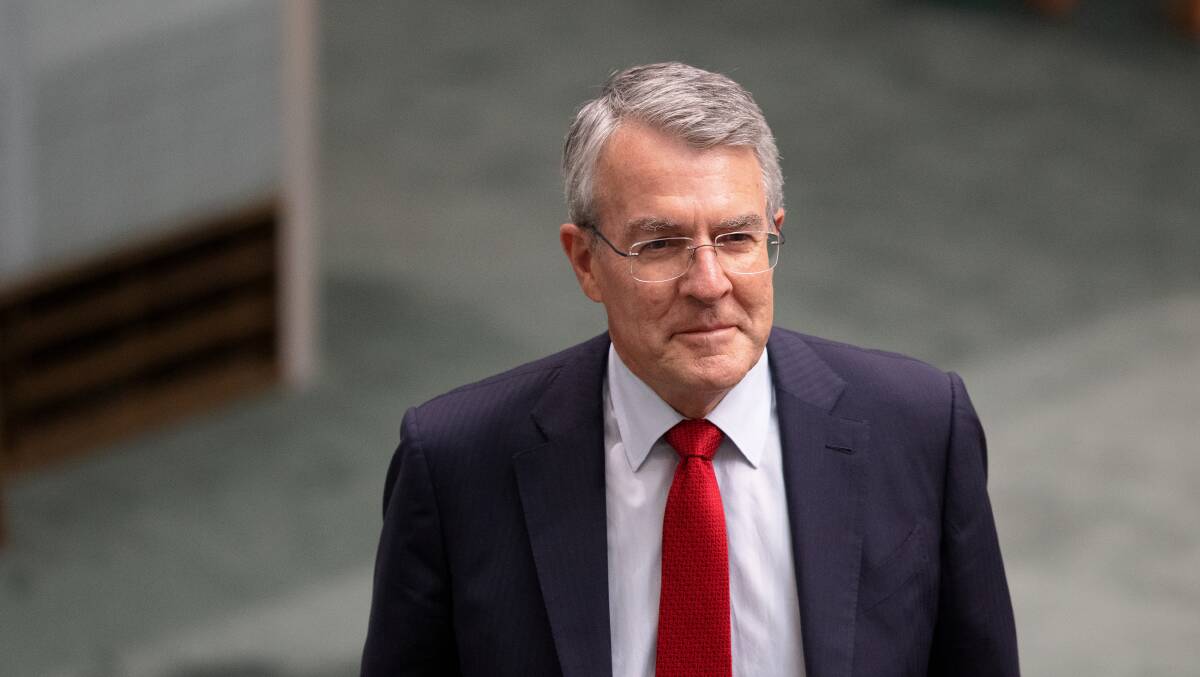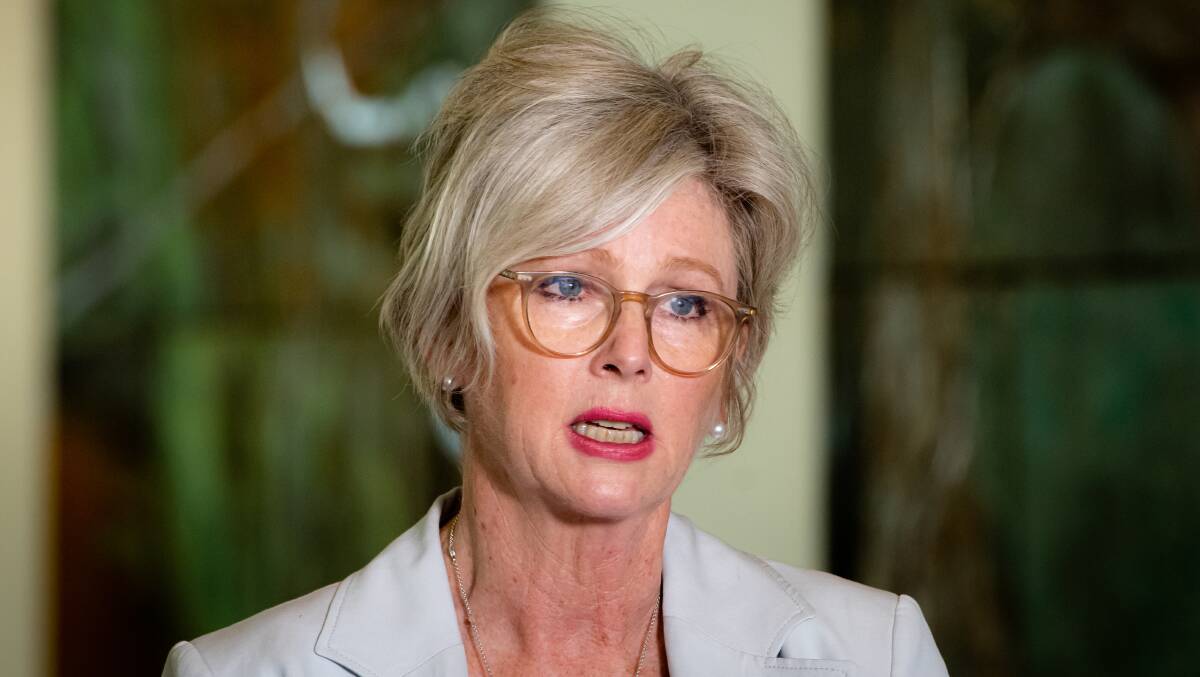Australia's anti-corruption strategy should explore the biggest corruption threat facing the country: lobbyists' influence over politicians, a key transparency advocate says.
Subscribe now for unlimited access.
$0/
(min cost $0)
or signup to continue reading
Transparency International Australia CEO Clancy Moore has described a national anti-corruption commission, which Labor has promised to implement this year, as the "missing piece" in restoring faith in democracy.
Mr Moore, who assumed the role a week before revelations former prime minister Scott Morrison secretly assumed control over five key portfolios, has also called for sweeping protections for whistleblowers who were "an early warning call" on corruption.
He threw his support behind calls for Mr Morrison's actions to be investigated, potentially via the powerful parliamentary privileges committee, to ensure they "never happen again".
"The fact that former prime minister made these important ministerial appointments behind closed doors and in secret left Australians in the dark during a pandemic," he said.
"This extreme secrecy eats away at people's faith in democracy. Transparency and integrity are at the heart of a healthy democracy."

Independent MP Helen Haines re-introduced her anti-corruption bill to Parliament in 2021, when the then-Coalition government blocked attempts to have it debated.
Mr Moore described the bill, which would expose politicians to public hearings and be able to initiate its own investigations, as a "kind of benchmark" for anti-corruption models.
The Greens said in May they would be prepared to back Dr Haines' model to expedite the implementation of a watchdog.
But with Labor eager to stamp its own print on the signature legislation, the new government has consulted widely with the crossbench over its model, which Attorney-General Mark Dreyfus has confirmed will have the power to look at past instances of corruption.
Mr Moore said the new government's speed and active consultation showed tackling corruption was "a priority".
"The NAC [is] key to preventing corrupt practices happening in the future, not just bringing about accountability for past examples of corrupt behaviour," he said.
"What we're really asking for is a whole-of-government anti-corruption strategy, not just the NAC. [We want it to] look at systemic corruption risks."

Key to curbing those systemic risks was mandatory real-time reporting for public officials, including private contractors receiving public funds, to ensure pork-barreling could be nipped in the bud, Mr Moore said.
Australia slipped out of the top ten listed countries on the Transparency International Corruption Index last year, the first time that had happened since 2014.
"[The biggest corruption threat in Australia] is this sort of grey corruption, the undue influence of political donations, the revolving door, lobbyists, and cash-for-access," Mr Moore said.
"These all impact on public policy and the use of public money."
And with even Labor's target of 43 per cent emissions reduction by 2030 leaving Australia behind its allies, Mr Moore suggested that dynamic largely explained the country's historic inaction on climate change.
"Addressing corruption as a root cause of climate change and a lack of people's faith and trust in democracy is key," he said.
READ MORE:
Attorney-General Mark Dreyfus in July announced he had ordered Commonwealth prosecutors to drop its case against lawyer Bernard Collaery, embroiled in the trial of whistleblower Witness K.
Mr Moore welcomed the development but urged Labor to go further to protect whistleblowers, who he described as "an early warning call" on corruption.
"Too often survivors are punished and this an injustice, and it can send a chilling effect to others who may then be afraid to speak up," he said.
"The current laws are really all over the shop ... It's a real legal quagmire, and there are questions about whether the public interest is sufficiently served."


